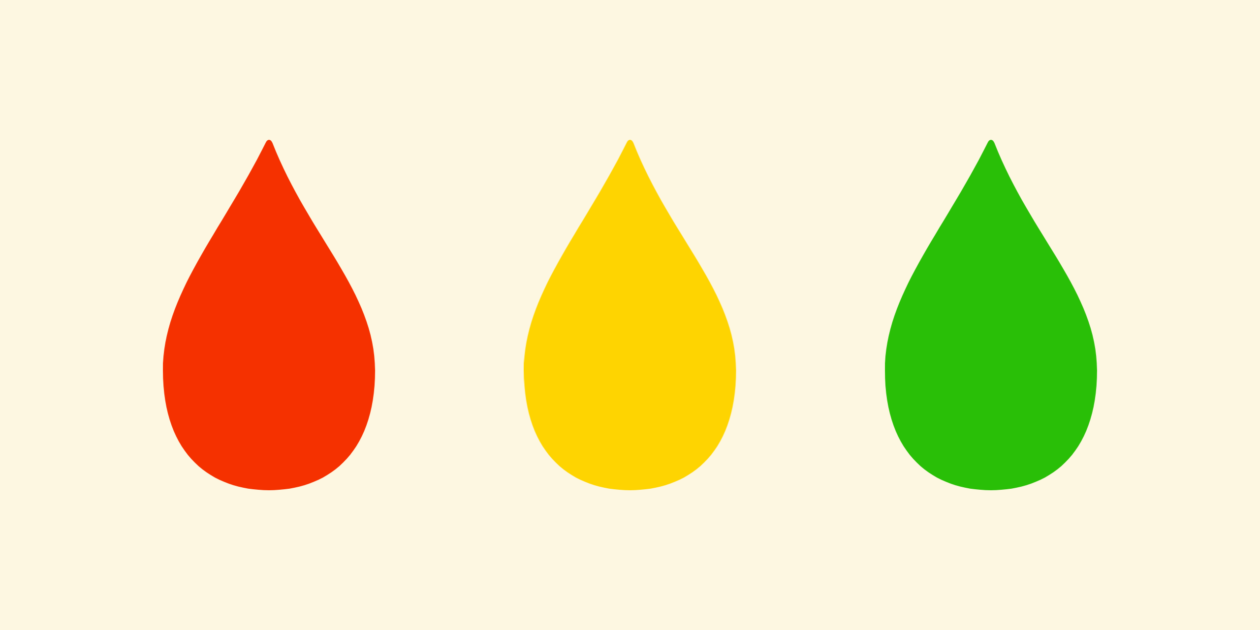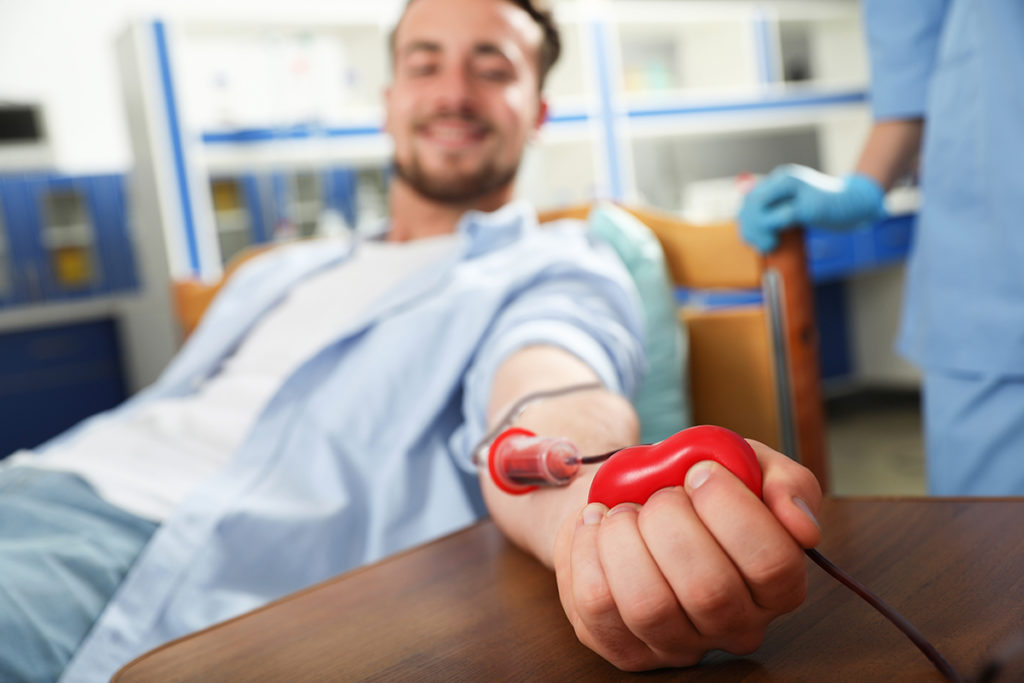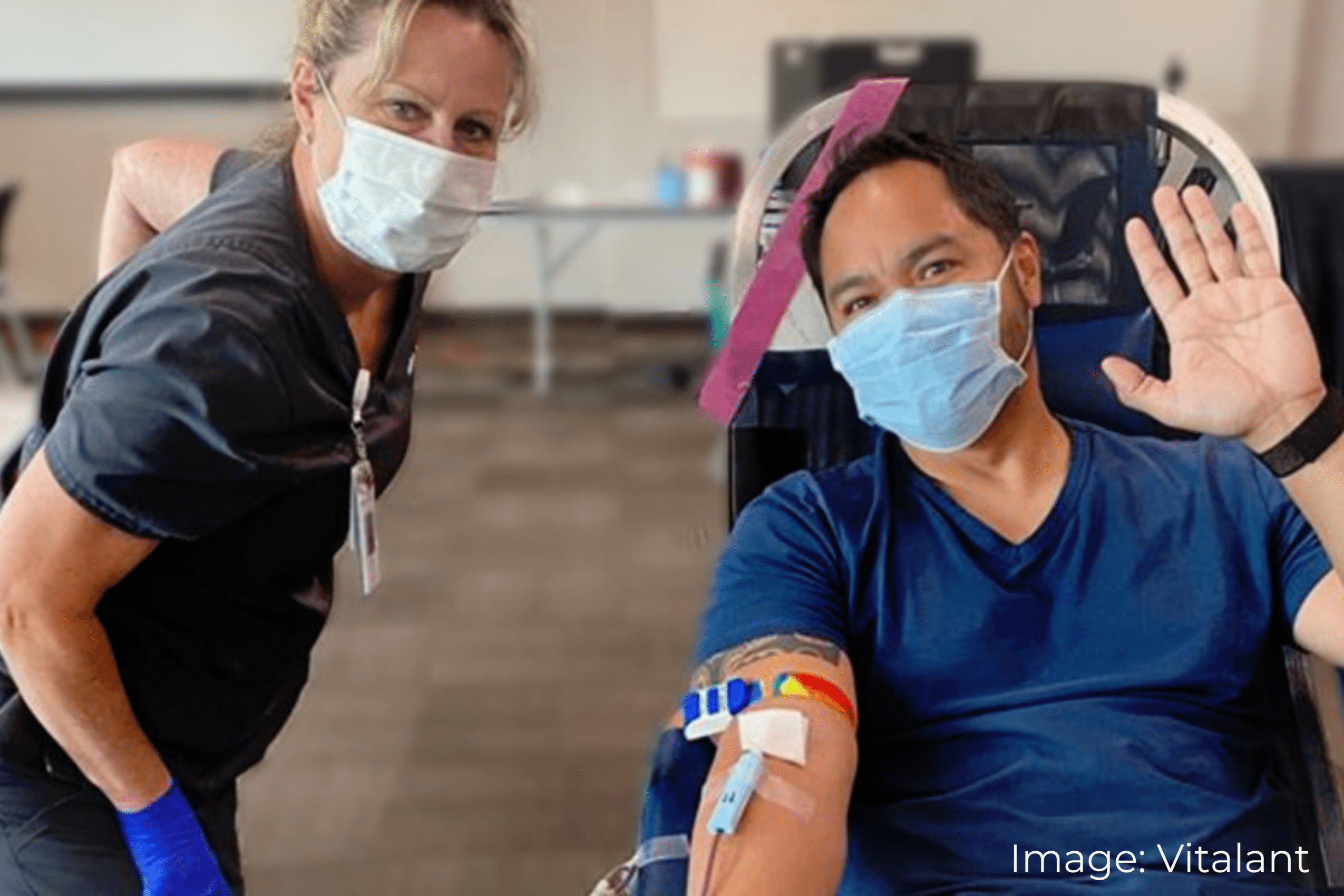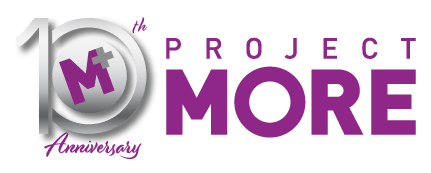
“[We recognize] the hurt this policy has caused to many in the LGBTQ+ community and believe blood donation eligibility should not be determined by methods that are based upon sexual orientation. We are committed to working toward achieving this goal” – The American Red Cross
January is National Blood Donor Month. It has been, for 50 years, since 1970. But for the last 37 years, this annual motion for awareness has fallen short by excluding gay and bisexual men (and their partners) through outdated and discriminatory policies.
National Blood Donor Month began as an effort to increase donations to the blood supply during winter, when donation levels are, historically, at their lowest points of the year. But in 1983, as the AIDS epidemic tore through communities around the globe, blood donations were anything but encouraged. It was in that year that the FDA proposed a lifetime ban on blood donations from men who have sex with men (MSM) out of fear to “protect” the blood supply. The ban, which many argue constitutes unlawful discrimination against the LGBTQ+ community, was fully established by the FDA in 1992, though it had been in practice since the 80s.
The unfortunate irony lies in the fact that now, as the LGBTQ+ community lives through a second pandemic, blood donations are desperately needed. So how can a country that stigmatized queer men and their partners to the extent that HIV/AIDS was initially referred to as “the Gay-related immune disease” now ask the very people they stigmatize to have empathy and to contribute?
The FDA may no longer require an all-out ban of MSM blood donors— the lifetime ban ended in 2015, when a rule of abstinence for 12 months by MSM was then established. But strict restrictions solely on the basis of sexuality are still in place. By current FDA regulations (as of 2020), MSM and their partners of any gender must abstain for at least 3 months to be eligible as a donor.
Real change to the FDA’s discriminatory practices may be just on the horizon. The U.K. has already taken precedent in historic changes to its regulations on blood donation. Their new policy allows MSM to be donors if they have been monogamous or have abstained for at least 3 months.
This comes after a shift in policy by way of a new study resulting in what the country has referred to as “Fair Assessment of Individualized Risk”, or FAIR, recommendations. FAIR recommendations seek to evaluate a person’s own behavior-based risk factors in relation to blood-borne disease and illness, rather than evaluating their risk simply on the basis of sexuality.
Will the U.S. follow suit? Early studies underway since the beginning of the year suggest, at the very least, consideration of change. The FDA has recently announced funding of a new pilot study, called Assessing Donor Variability and New Concepts in Eligibility (Advance). The Advance study hopes to recruit around 2,000 MSM around the country to evaluate individualized risk of HIV infection to the blood supply.
Project MORE is proud to announce our partnership with the Advance study in the Bay Area Region. Our involvement with this study marks the next step in activism for our community. In the past, we have supported awareness through yearly blood drives, advocating education around the ban, local diversity fairs, and more. We sincerely hope the Advance study will lead to greater understanding, reform of discriminatory policies, and an end to decades of stigma. Click here if you are interested in participating in the study.
While progress is moving more slowly than many of us may have hoped, there is still progress to hope for. This new Advance study marks, at the very least, acknowledgment of LGBTQ+ concerns. Still, much more than just acknowledgment will be necessary to reverse discriminatory policy and the decades of impact it has had on our community.
For more information about how to take part in the Advance study, or how the study may affect you, refer to its website here.
Articles in the Media about ADVANCE Study

Project MORE is proud to partner with Vitalant in the SF Bay Area to support the ADVANCE Study, a national FDA-funded research study to consider possible new approaches to blood donation eligibility like risk-based assessments. Learn more in this article from Metro Weekly.

Gay Blood Donors Still Face Extra Hurdles
A new study revisits restrictions on homosexual men. Proponents say it will help put an end to outdated restrictions.
Article Published in SF Weekly. Author: Veronica Irwin

